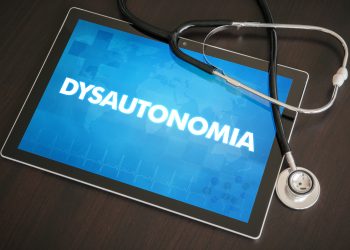Dysautonomia: A Possible Cause of Post-Concussion Syndrome and Brain Fog
by Jonathan Chung, DC With concussion being a dominant topic in sports medicine, we have seen a large spike in research dollars being spent to study the effects of brain injury. Despite our increased knowledge, when someone has concussion...



















